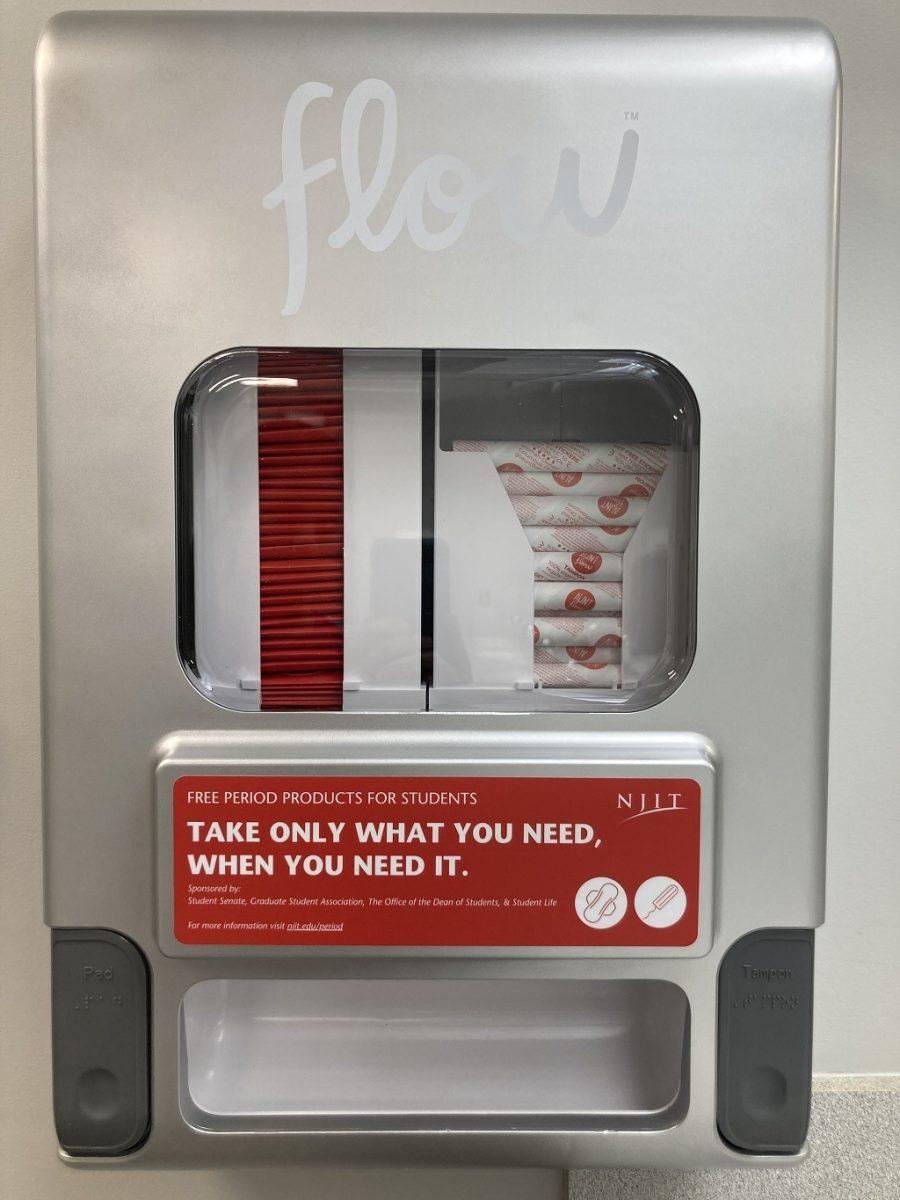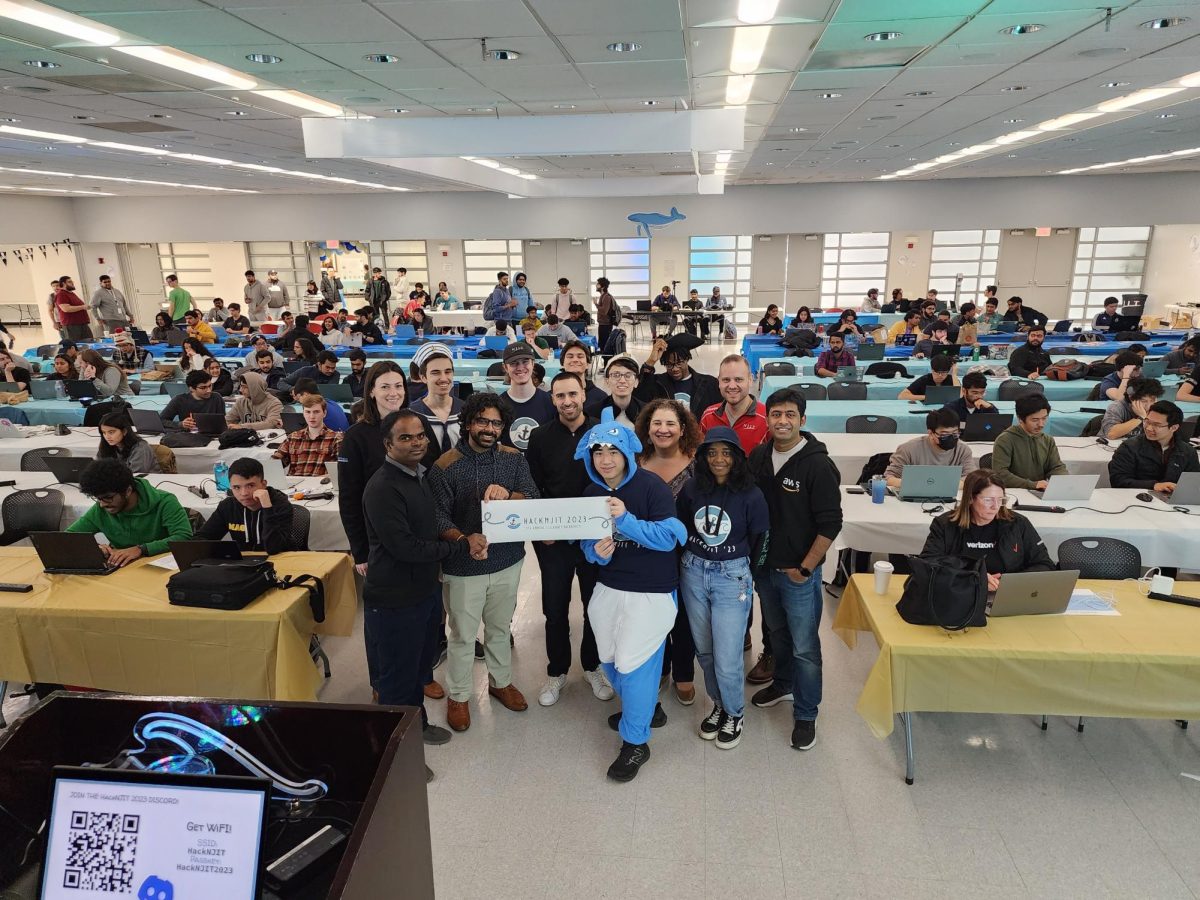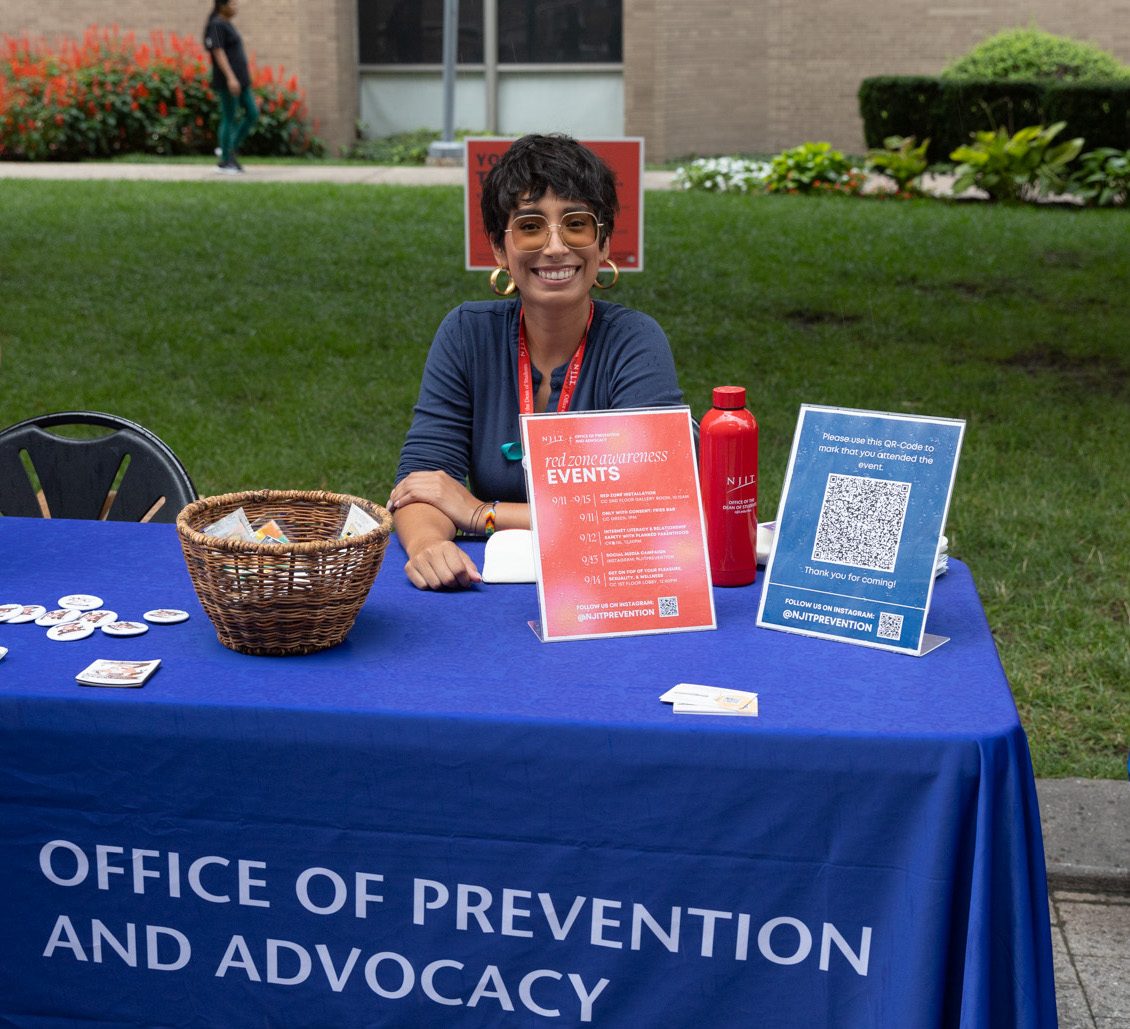“Having access to menstrual products is a matter of equal access to education for menstruators,” said Nikki Rodriguez, third-year materials engineering graduate student. She worked with second-year biomedical engineering major Marina Samuel to provide free and easily accessible period products in Aunt Flow dispensers in select women’s, men’s, and all-gender restrooms starting this spring.
About three years ago, the Student Senate proposed this project but fell short because there was not enough funding available. However, Rodriguez recently joined Graduates for Inclusion, Diversity, and Equity and became the vice president of the group.
“With the support of this organization and my friends, I felt empowered enough to propose a project of this scale to the admin,” she commented. “It may not seem like a complicated project because the result is relatively simple, but I had to contact many people before it took off, and it is a large-scale effort.” Last fall, she reached out to administration members and was able to get started on revamping the initiative.
“I had another student talk to me at the club fair, separate from [Samuel] and [Rodriguez], about menstrual products,” said Associate Dean of Students Dr. Kristie Damell, also NJIT’s Title IX Coordinator. “They asked, ‘Why do we have condoms for men, and we don’t even have menstrual products for women that are free?’ And I said, that’s a really fair point. I hear you.” She noted that the only places offering products on campus at that time were the Food Pantry — at no cost — and Village Market.
On behalf of the Dean of Students, Damell brought all the parties together — Facilities Services, Student Health Services, the Dean of Students, Rodriguez, and Samuel — and took the lead on proceeding with the project. “[Rodriguez] was very passionate about it; she brought so much research to the table,” she added.
Damell pulled in the Student Senate, and Samuel, vice president of Student Affairs at the time, stepped up to continue with the project. “This initiative not only addresses the basic need for access to these products, but it also reflects NJIT’s commitment to diversity and inclusivity, making education and lifestyle opportunities accessible to all individuals, regardless of differences,” Samuel stated.
The project holds great significance to her; it was difficult for her to know when she began to think about it. “NJIT has a noticeable disparity in the number of menstruators versus non-menstruators,” she expressed. “Through this initiative, the minority of menstruators are given a sense of belonging, support, and recognition.”
Rodriguez also pushed for men’s bathrooms to be included in the installations of dispensers. Damell mentioned, “In my mind at first, I thought maybe we should start with the women’s restrooms and all-gender ones. I thought, ‘all-gender meets everyone’s needs, right?’
“But [Rodriguez] said, ‘No, it’s important they’re in the men’s rooms, too,’ and she’s absolutely right.” Damell also acknowledged that some floors of buildings on campus don’t have all-gender bathrooms, so adding them to men’s rooms keeps consistency within buildings.
“I am a cisgender woman myself, but I don’t have to experience — or even understand — something to know it exists; the trans experience has always existed and will always exist as long as humanity exists,” Rodriguez said. She feels this campus is relatively masculine and conservative, causing her to fear that others might not take this part of the initiative seriously.
“Maybe I came off very strong on this particular issue, but I don’t care if I am annoying — men menstruators are a precious part of humanity. They deserve to have access to products, they deserve a high-quality education, and I’m so grateful that Dean Damell supported me on this issue,” she added.
It was also essential choosing Aunt Flow as the company providing the supplies; its menstrual products are organic, and the company is woman-owned.
Its website states, “Menstrual products are not covered by food stamps or WIC. No one should ever be forced to choose between food and tampons. For every 10 tampons or pads sold, we donate 1 to a menstruator in need. With your help, we donated over 1.6 million period products in 2021 alone (and we’re just getting started).” The WIC program aims to safeguard the health of low-income women, infants, and children up to age 5 who are at nutrition risk, according to the United States Department of Agriculture.
On the dispensers, it’s advised to users to take only what they need when they need it. This is underlined to ensure products are especially available to students anytime they need one at that moment. In addition, one of the considerations was making sure these supplies are geared mainly towards students and not outsiders; for instance, the first floor of Campus Center is a high-traffic public access area, so there aren’t any dispensers in those bathrooms.
Damell also mentioned that in March 2022, a bill was introduced in New Jersey that “requires school districts to ensure that students and staff in schools educating students in grades kindergarten through 12, or any combination thereof, have direct access to menstrual products, free of charge, in all women’s restrooms and all-gender restrooms, and in at least one men’s room,” according to BillTrack50.
She said that NJIT would like to be in line with what the state is doing, so introducing this initiative now would be perfect timing in that regard.
Both Samuel and Rodriguez hope students can feel more comfortable on campus knowing that these products are now provided. “There are students who go home early and have a compromised education because they got their period on campus and could not access products when they needed them most. We don’t have to ask for things like hand soap or toilet paper, so why should menstrual products be any different?” Rodriguez commented.
“I think it really helps support our LGBTQ+ — really our trans and non-binary — community to be able to say they can use the restroom of their choice. If they need a product, it’s right there,” Damell concluded. “It eliminates additional barriers to everyone on campus; I’m just really happy to see it happen.”
This initiative is a pilot program for this semester, funded by Student Senate, the Graduate Students Association, the Office of Student Life, and the Dean of Students. After overseeing how it plays out until the end of the semester, Facilities Services can put in the budget request for the next academic year to maintain the products.
A map of bathroom locations with dispensers installed and more information can be found at njit.edu/period.






































